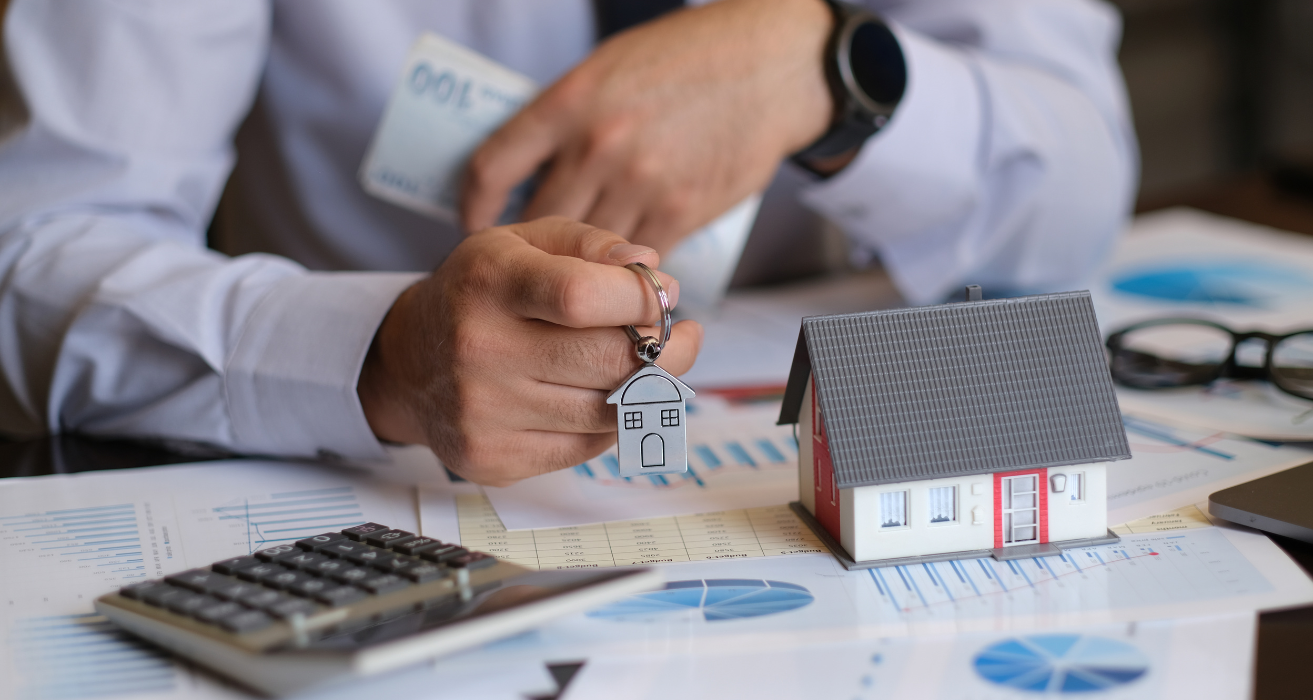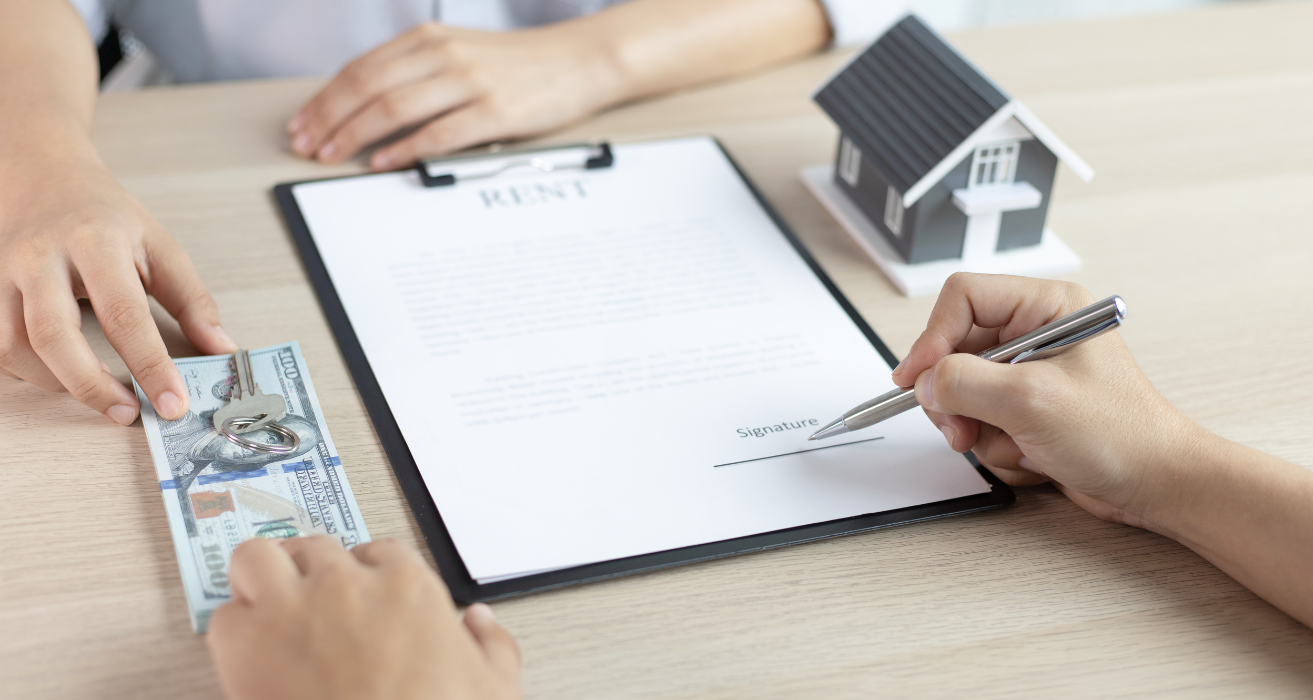Why a Deed of Reconveyance Matters After Paying Off a Mortgage?

Congratulations, you’ve paid off your mortgage! That’s a huge milestone. But there’s one more step that’s easy to miss and absolutely crucial: obtaining your Deed of Reconveyance.
Here’s the kicker: Without this document, your home still legally shows a lien from the lender, even though your balance is zero. That can turn into a nightmare when you try to sell or refinance. This guide will walk you through everything you need to know, including how to get the document, what it looks like, and how to protect your rights as a homeowner.
Key Takeaways:
- A Deed of Reconveyance confirms your lender no longer holds a lien on your property.
- It's critical for proving full loan repayment and protecting property rights.
- Missing this document can delay property sales and cause legal headaches.
- You can request it manually if your lender doesn’t automatically issue it.
- Always record the deed with your county recorder’s office.
What Is a Deed of Reconveyance?
A Deed of Reconveyance is a legal document issued by your mortgage lender once your loan has been fully paid off. It serves as official proof that the lender no longer holds any claim, AKA a lien, on your home.
Think of it as your home’s clean title badge. Without it, the title may still show the mortgage company’s interest.
Key Elements in a Deed of Reconveyance:
- Name of borrower and lender
- Date of loan satisfaction
- Legal property description
- Signature of trustee (if used in deed of trust states)
- Notarization and county recording stamp
Why Is It Important?
Without a recorded Deed of Reconveyance:
- Your title still shows the mortgage lien
- You may not be able to sell or refinance
- You risk delays and legal costs
Pro Tip:
Always confirm your deed was recorded with your local county recorder’s office. If it’s not recorded, it’s not officially released.
How to Get a Deed of Reconveyance?
In most cases, your lender or loan servicer will automatically issue and record the deed within 30 to 60 days of your final payment. But mistakes happen.
If You Haven’t Received It:
- Call your lender. Request a copy of the reconveyance.
- Check with your title company. They may have handled this at closing.
- Visit your county recorder’s website. Search your property by address or parcel number.
What If It’s Missing?
If a Deed of Reconveyance was never filed or was lost:
- Request a new one from your lender.
- If they no longer exist (due to a merger or closure), contact your state’s Department of Financial Institutions.
- You may need to file a quiet title action, a legal process to clear the lien.
Heads Up:
This process can take months and involve attorney fees. The earlier you resolve it, the better.
How does it impact Title & Ownership?
Even if your loan is paid off, a lingering lien from a missing deed can:
- Make buyers or lenders walk away
- Trigger additional documentation at closing
- Slow down refinancing or second mortgage processes.
FAQs
What is the difference between a Deed of Reconveyance and a Satisfaction of Mortgage?
- They serve the same purpose: releasing the lender’s claim. A Deed of Reconveyance is used in deed of trust states (like California), while a Satisfaction of Mortgage is used in mortgage states (like Florida).
Do I need a lawyer to file it?
- Not usually. But if the lender is no longer in business or refuses to cooperate, legal help may be needed.
Is there a deadline to record the deed?
- Laws vary by state, but typically the lender must issue and record it within 30-90 days. If they don’t, you can take legal steps.
Can I sell my home without it?
- Technically, yes. But title companies will flag the unresolved lien and may halt the sale until it's cleared.
Conclusion: Your Mortgage May Be Gone, But the Paper Trail Matters
Paying off your mortgage should mean full ownership. But until the Deed of Reconveyance is in your hands and recorded, the lender’s footprint remains on your title.
This is where tools like reAlpha and Be My Neighbor can help. While Be My Neighbor (NMLS #1743790) connects you with compliant, licensed professionals, reAlpha empowers buyers with a commission-free, tech-driven platform to manage the entire homeownership lifecycle.
Don’t leave loose ends. Finalize your freedom with the last, but vital document: your Deed of Reconveyance.
Disclosures:
- Content herein is for informational purposes only and should not be considered legal or financial advice.
- Be My Neighbor Mortgage, LLC is a licensed mortgage broker, NMLS #1743790.
- reAlpha is not a mortgage lender, broker, or loan servicer. It offers technology-based real estate services and commission-free options for buyers and sellers.
- Always consult a licensed mortgage or legal professional in your state for document filing and legal title concerns.
- Mortgage terms and processing timelines vary by state and lender. Always verify with your servicing institution.





.png)
.png)
.png)
.png)
.png)
.png)








.jpg)
.jpg)
.jpg)
.jpg)
.jpg)
.jpg)
.jpg)
.jpg)
.jpg)
.png)








.png)
.jpg)
.jpg)
%20(1).jpg)
.jpg)
.jpg)

.jpg)
.jpg)




-min.png)
.avif)
-min.png)
-min.png)
.jpg)
.avif)

-min.png)

.avif)
.avif)






-min.png)
-min.png)
-min.png)

-min.png)
-min-p-1080%20(1)%20(1).jpg)
-min.png)
-min.png)
.avif)
.avif)
.avif)
.avif)
.avif)
.avif)
.avif)
.avif)
.avif)
.avif)
.avif)
.avif)
.avif)
.avif)
.avif)

.avif)
.avif)
.avif)
.avif)
.avif)
.avif)
.avif)
.avif)
.avif)
.avif)



